Keywords: Fr Frank Brennan
-
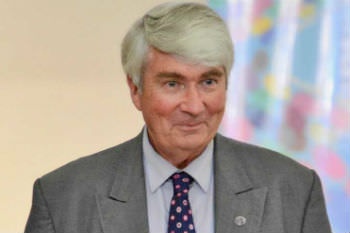
RELIGION
- Frank Brennan
- 01 September 2018
23 Comments
When the law and the media do their job competently, we can work together to ensure that children are safe and that initiatives such as the national redress scheme deliver truth, justice and healing for all. Once they join a populist movement without regard to the important role they play in ensuring that truth and justice are done, all society is in trouble.
READ MORE
-
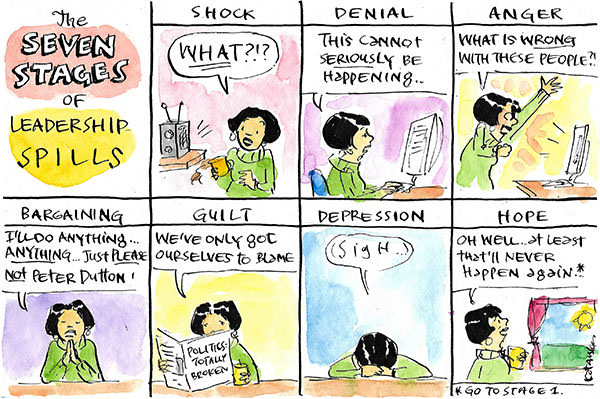
AUSTRALIA
- Frank Brennan
- 25 August 2018
25 Comments
Dutton would never have enjoyed any legitimacy as PM given the tactics he employed to get there, and such behaviour would have been repeated and rewarded yet again in the future. Even in the derelict state of Australia's contemporary politics, Dutton's perfidy augmented by Abbott's desire for revenge are no longer to be rewarded.
READ MORE 
-
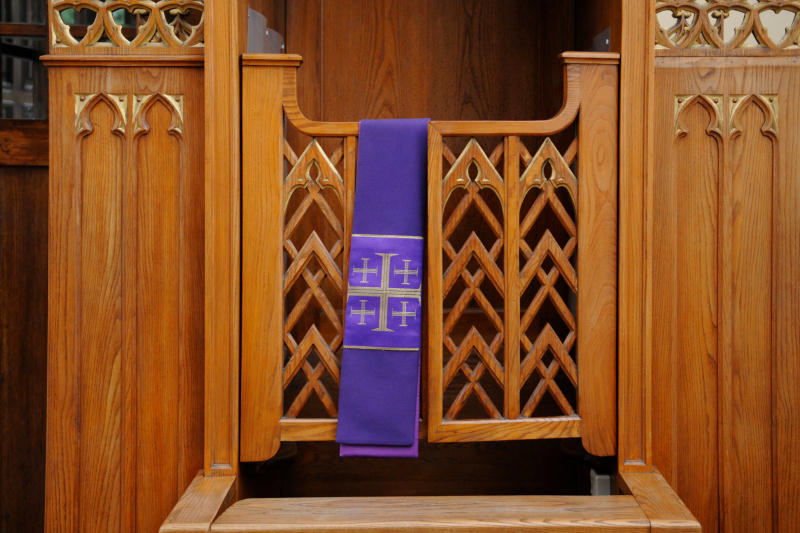
RELIGION
- Frank Brennan
- 20 August 2018
31 Comments
There is no way I would want to defend a seal of the confessional so widely drawn as that defined by Archbishop Anthony Fisher. However, I do think there is a case for respecting the seal of the confessional tightly defined as done by the canonist Fr Ian Waters. But to do that, the Church would need to get its act together.
READ MORE 
-
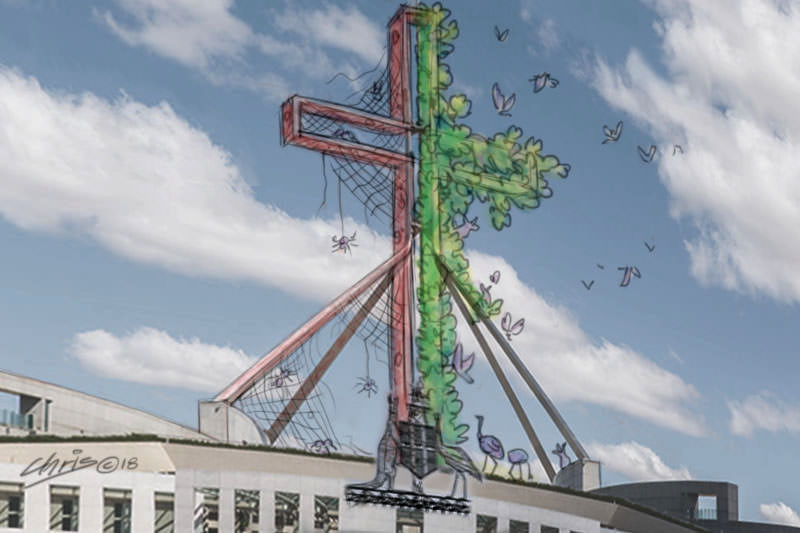
RELIGION
- John Warhurst
- 17 August 2018
8 Comments
Political insiders are those forces that use economic clout, political connections, extensive networks and reliable access to decision-makers to influence political outcomes. Outsiders, by definition, lack these characteristics. The Catholic lobby now doubts its own strength and influence. The education sector is a good example.
READ MORE 
-
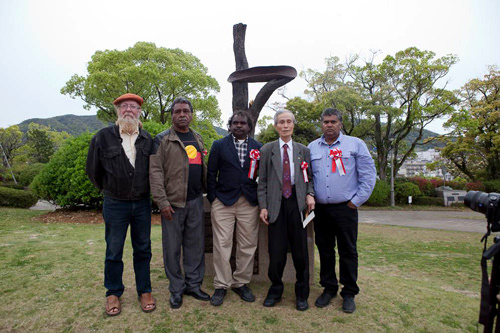
RELIGION
- Frank Brennan
- 06 August 2018
How are we to honour the commitment to peace of these Japanese and Maralinga survivors of nuclear conflagrations unleashed maliciously or negligently last century? We need to renew our commitment to painstaking negotiation of international treaties and agreements designed to ensure peace and security for all, insisting on the dignity and human rights of all.
READ MORE
-

EDUCATION
- Frank Brennan
- 06 August 2018
28 Comments
The school funding battle has featured in the last two rounds of federal by-elections. Economics writer Ross Gittins has suggested the Catholics are trying to extract special deals. There are three principles of public policy at play in this ongoing saga, and the consistent and fair application of all three principles is a big political challenge.
READ MORE 
-

RELIGION
- Frank Brennan
- 23 July 2018
4 Comments
I can personally attest that Philip Wilson has been one of the good shepherds in recent years when dealing with the plague of child sexual abuse. But as a young priest in Maitland-Newcastle back in the 1970s, it turns out that he heard things that make you feel sick in the stomach and tormented in the head all these years later.
READ MORE
-
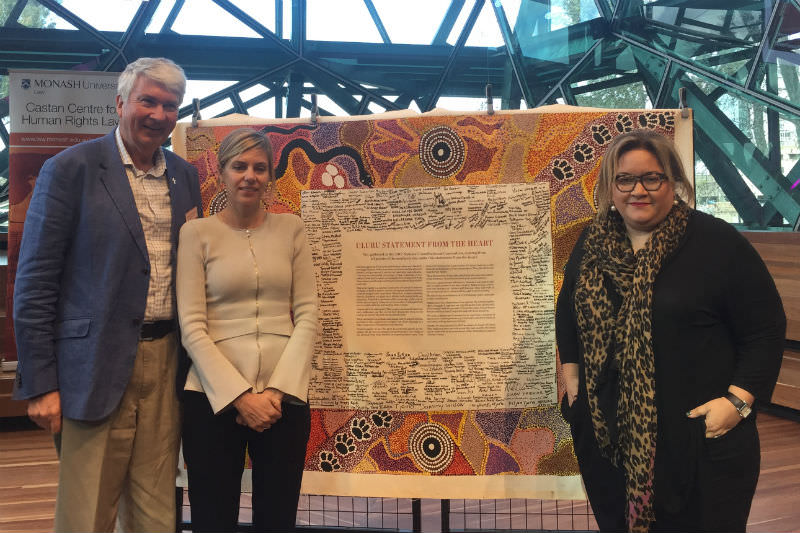
RELIGION
- Frank Brennan
- 20 July 2018
4 Comments
'I voted 'yes' in last year's ABS survey on same sex marriage. As a priest, I was prepared to explain why I was voting 'yes' during the campaign. I voted 'yes', in part because I thought that the outcome was inevitable. But also, I thought that full civil recognition of such relationships was an idea whose time had come.' — Frank Brennan, 2018 Castan Centre Human Rights Conference
READ MORE
-
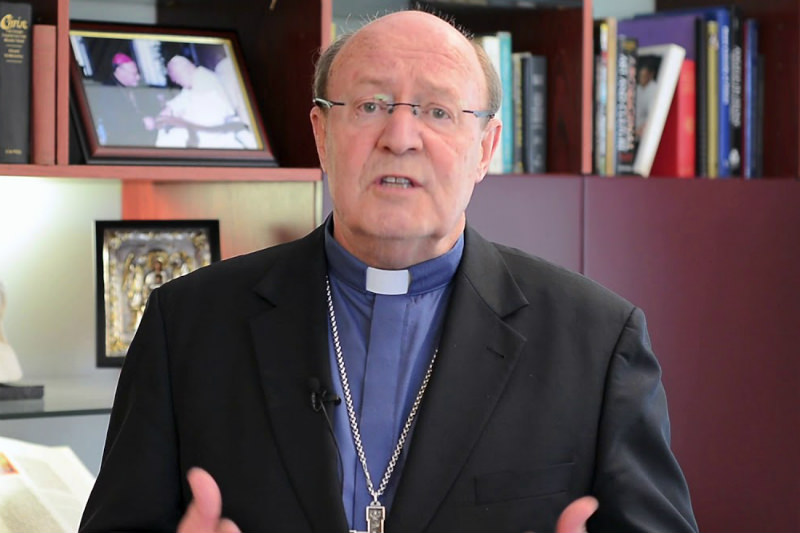
RELIGION
- John Warhurst
- 17 July 2018
28 Comments
The constitutional position of bishops is best illustrated by the Wilson case. The media releases of the hierarchy revealed their impotence. They explained their inaction by pointing out that only the Pope could force a bishop to resign and were reduced to conveying the impression of working behind the scenes to influence Wilson's decision.
READ MORE 
-
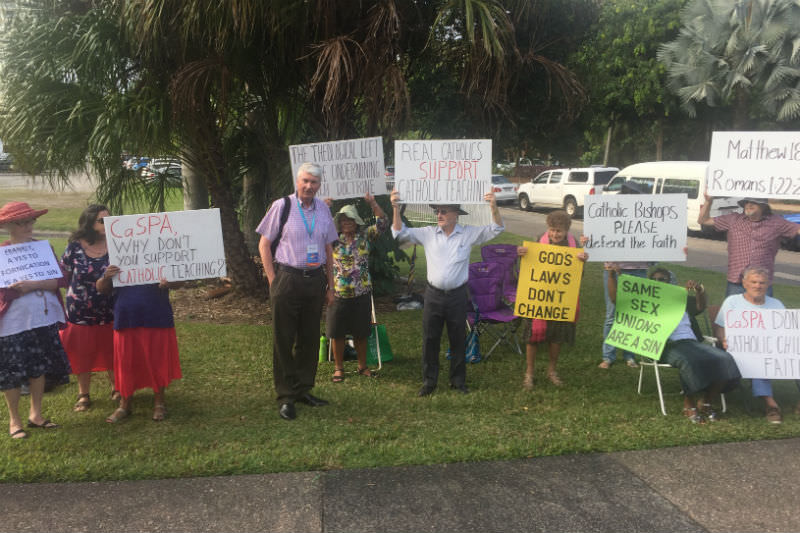
RELIGION
- Frank Brennan
- 16 July 2018
3 Comments
'Kristina Keneally was unapologetic in putting the place of women in our church front and centre. And so we should.' Tropical and Topical, 2018 National Catholic Principals' Conference, Cairns Convention Centre, 16 July 2018.
READ MORE
-
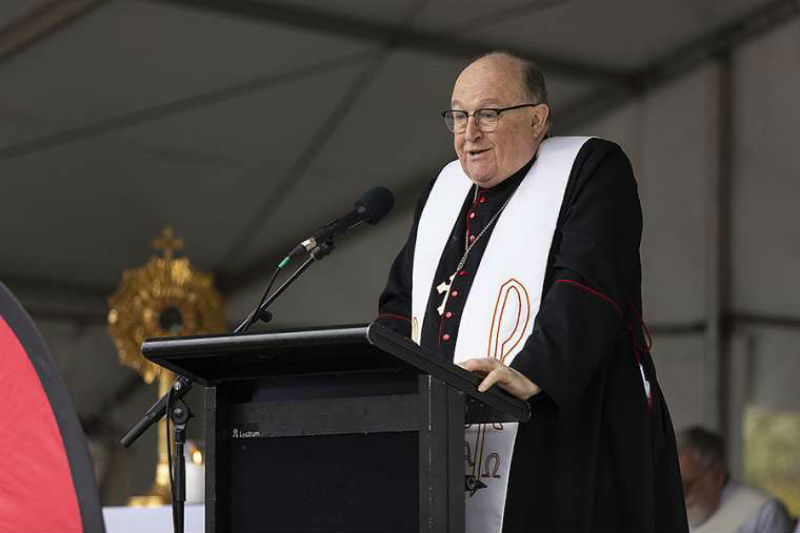
RELIGION
- Frank Brennan
- 04 July 2018
77 Comments
Philip Wilson has been sentenced to 12 months' detention for concealing child sexual abuse. It's very likely that he will appeal his conviction and sentence. An appeal may well succeed, but that's not the end of the matter. This has been a six-year saga relating to events which occurred more than 40 years ago. Emotions are running high.
READ MORE 
-

RELIGION
- Frank Brennan
- 18 June 2018
2 Comments
'Seeking cooperative globalisation with people from north and south, east and west, of all faiths and none, we dare to hope while committing ourselves to labour for the kingdom to come here on earth and hereafter as did.' Frank Brennan, Homily, 11th Sunday in Ordinary time, the Oratory of San Francesco Saverio Del Caravita, Rome, 17 June 2018.
READ MORE